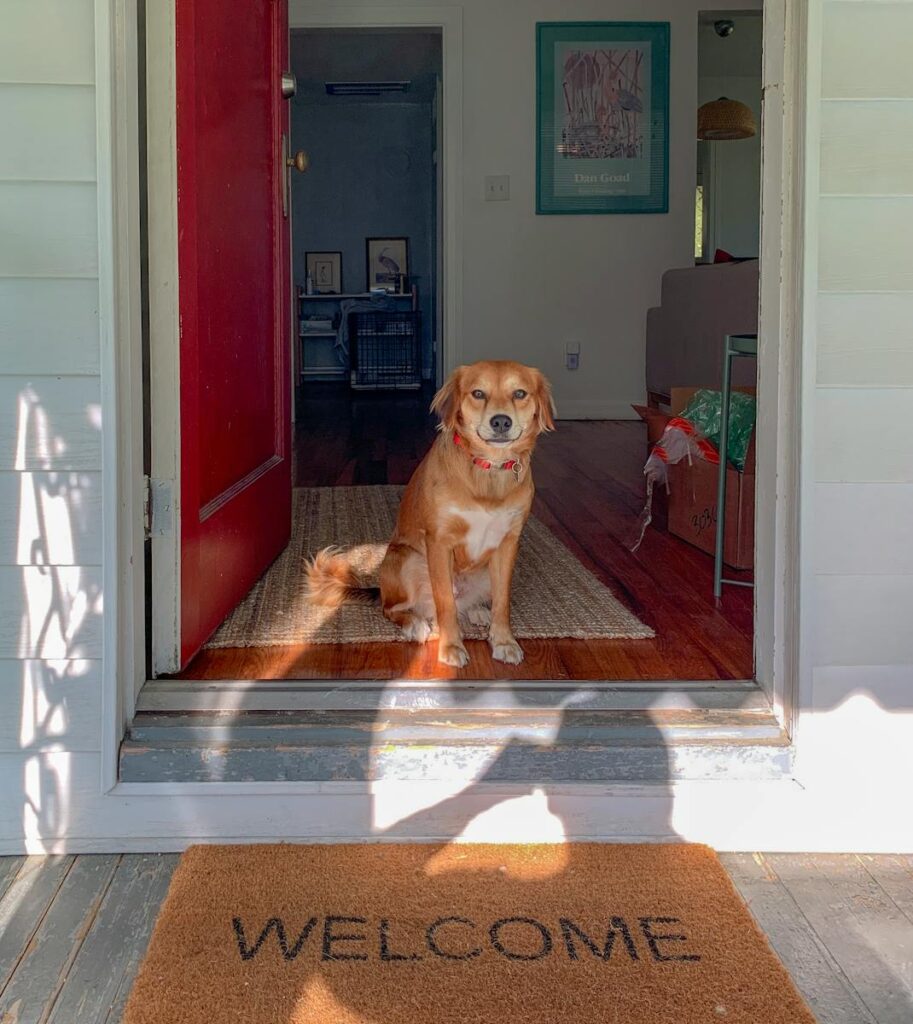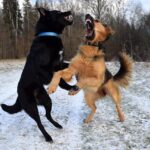Hey there, dog lovers! Have you ever wondered why your dog spins into a frenzy of excitement when you come home, even if you’ve only been gone a short while? It’s one of those adorable traits that make us love our dogs even more, but it’s also rooted in dogs’ emotional and instinctual makeup. Let’s explore why your four-legged friend gets so ecstatic upon your return and what it means in the language of doggy love!
The Pack Mentality
At the heart of your dog’s joyful greeting is their pack mentality. Dogs are naturally pack animals, and in the wild, the return of a pack member is an event worth celebrating. Your dog sees you as the leader of their pack, so your return home triggers a significant social event, packed with all the excitement that comes with reuniting with a loved member of the pack.
The Bond of Love
Dogs genuinely form strong bonds of affection with their owners. Studies have shown that when dogs and their humans gaze into each other’s eyes, both experience a rise in oxytocin, the hormone associated with love and bonding in humans. Your arrival home reminds your dog of your connection and sparks this powerful emotional response.
Excitement and Relief
Dogs also feel excitement and relief when you return. They depend on you not just for the basics, like food and shelter, but also for social interaction and emotional support. Your return alleviates any anxiety they might have felt while you were away, and their excited behavior is a release of that pent-up worry.
Conditioned Behavior
There’s also a learned component to this exuberant behavior. If you greet your dog with excitement and affection when you return home, you reinforce their behavior. Over time, they learn that their enthusiastic greetings get a positive response from you, which encourages them even more.
How Should You Respond?
Understanding why your dog behaves this way can help you respond better. Here’s what you can do to manage and reciprocate their excitement:
- Stay Calm: When you come home, greet your dog calmly to encourage them to settle down quicker.
- Consistent Greetings: Offer a consistent greeting ritual. Pet them, give a treat, or spend a few minutes playing. This can help satisfy their need for your attention without overstimulating them.
- Training: If your dog’s greetings are too wild or they jump up, training can help. Teach them to sit before they get a greeting or a treat. This can turn a chaotic moment into a chance for positive training.
- Physical and Mental Exercise: Make sure your dog gets plenty of physical and mental exercise. A tired dog is generally calmer and can handle your absence better.
Conclusion
Your dog’s wild greetings are more than just cute—they’re an expression of their natural instincts, emotional bonding, and sometimes, a bit of learned behavior. By understanding what drives this delightful display of affection, you can better manage your responses and strengthen the bond between you and your pet.



